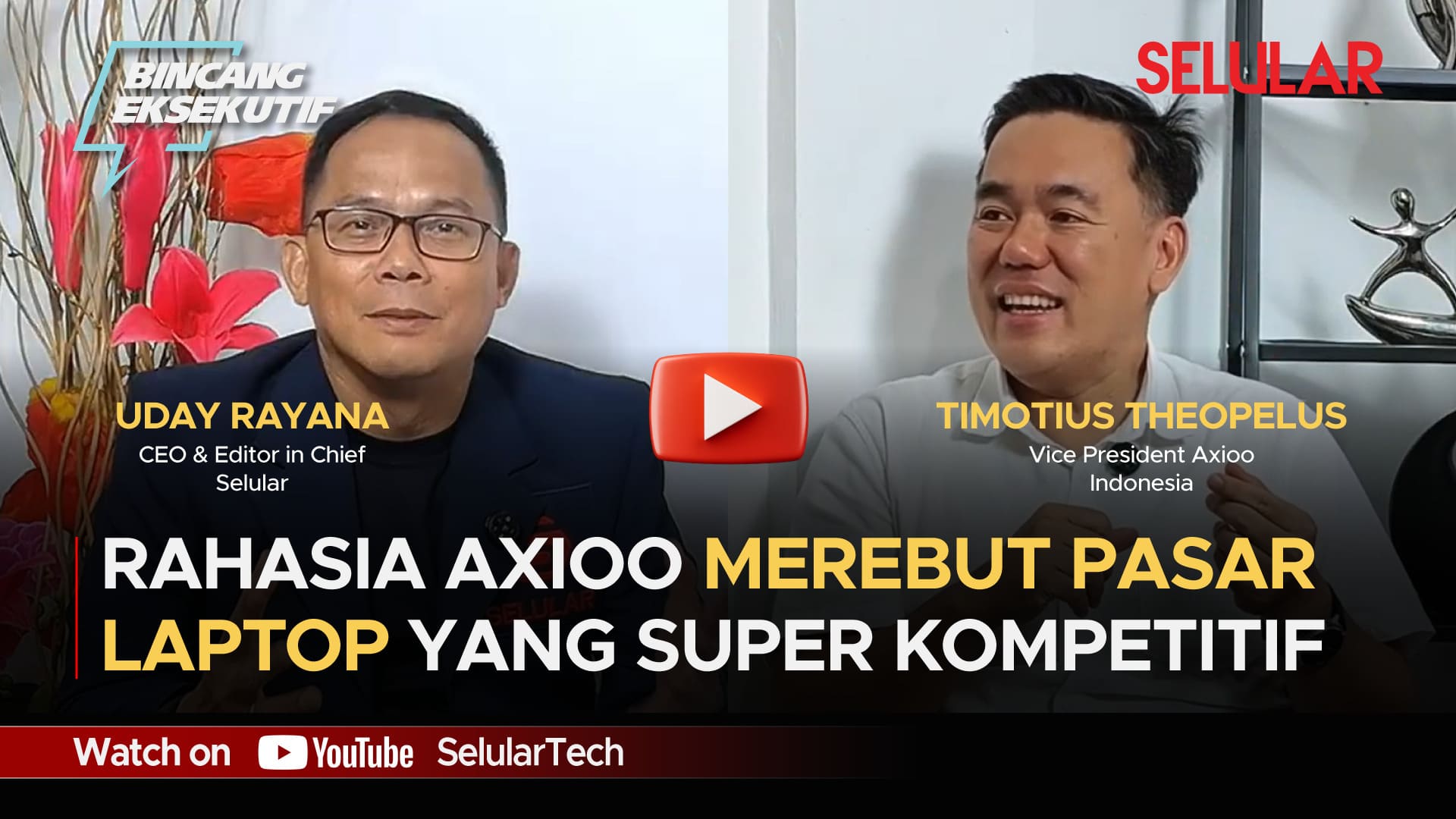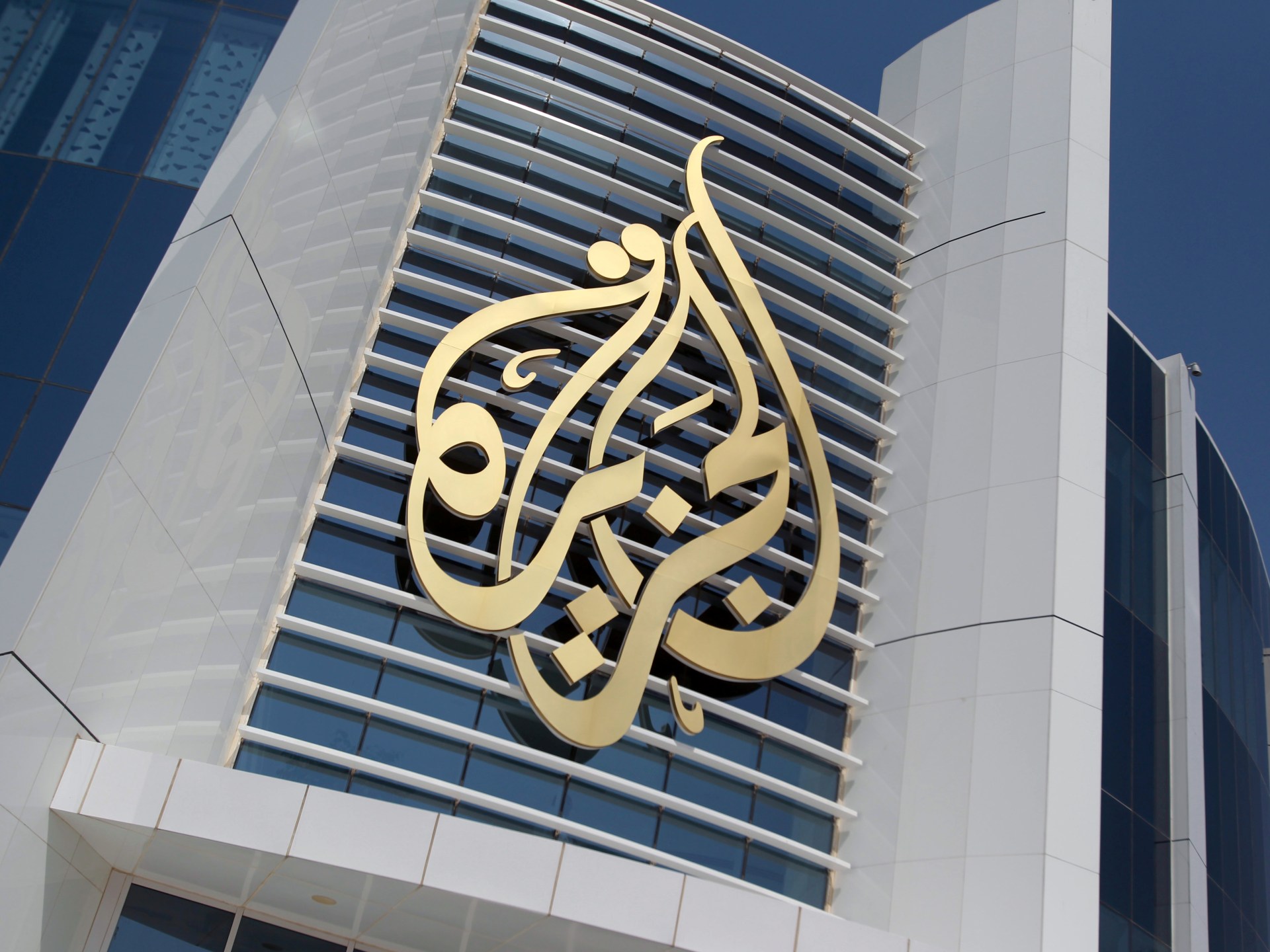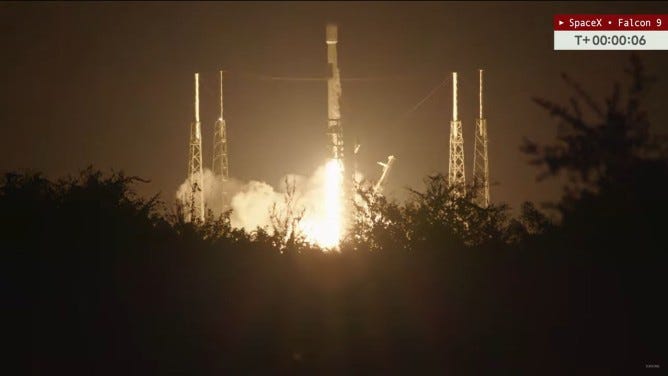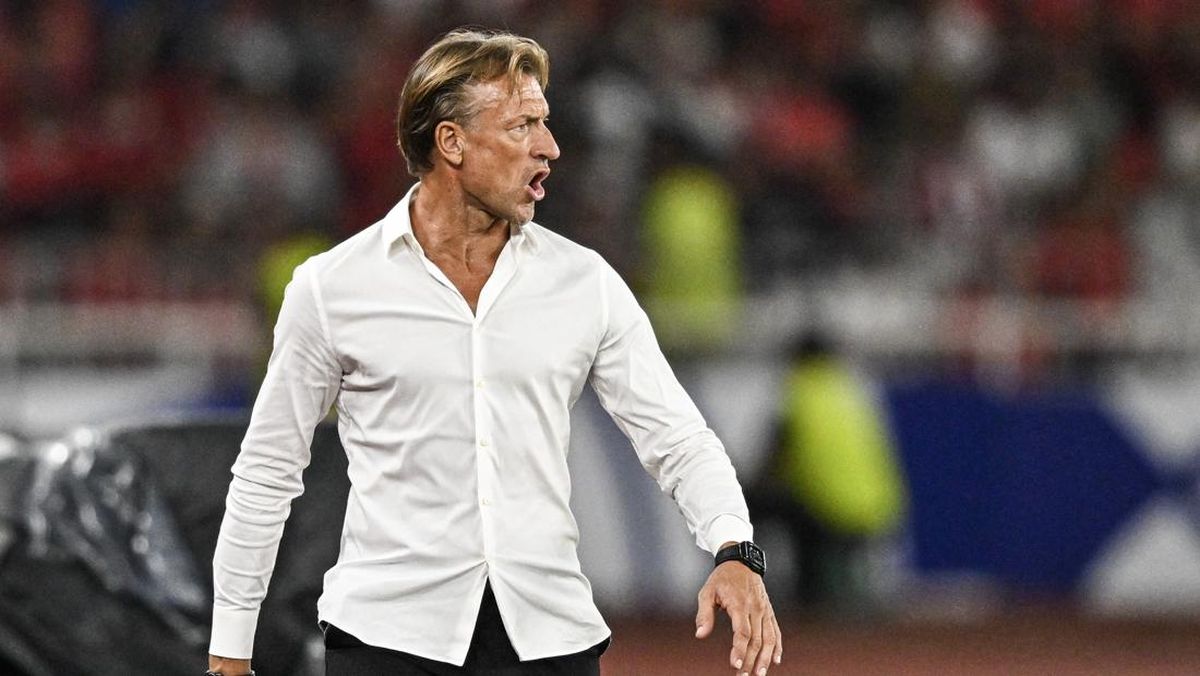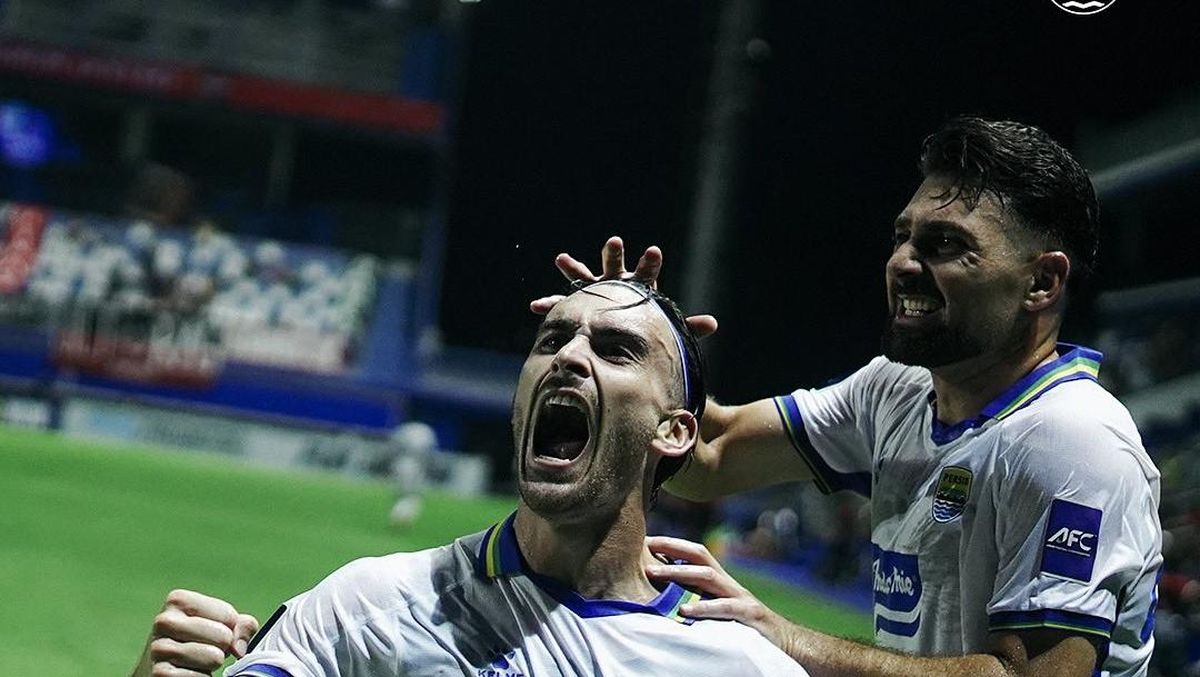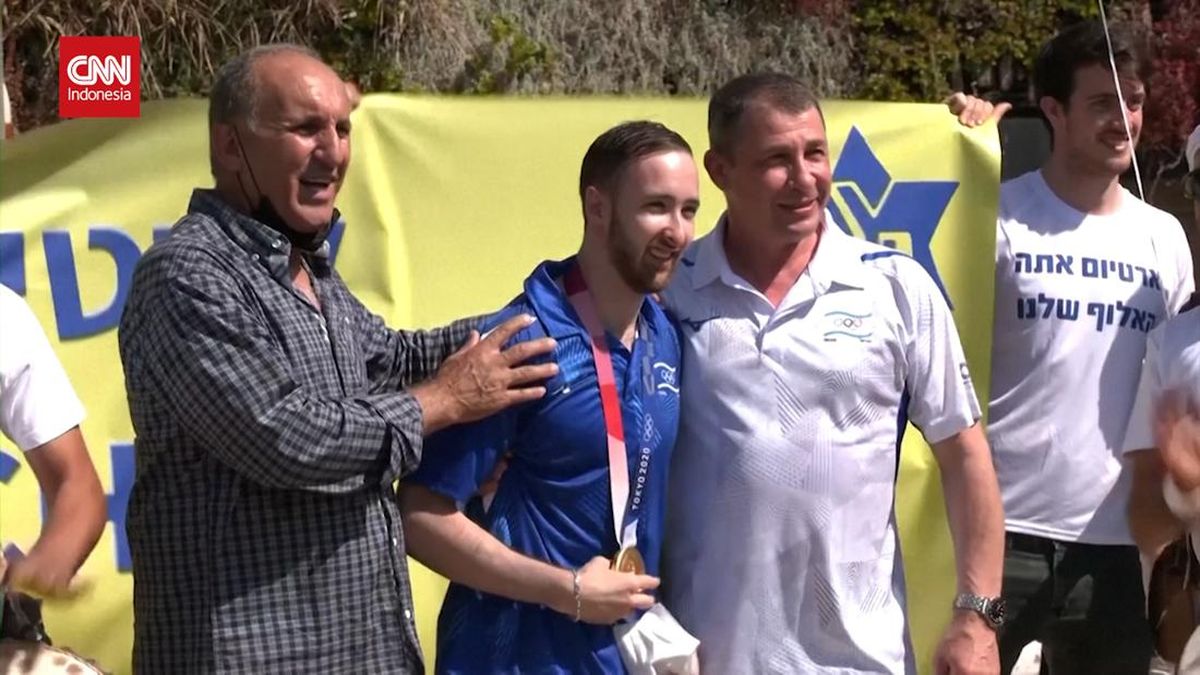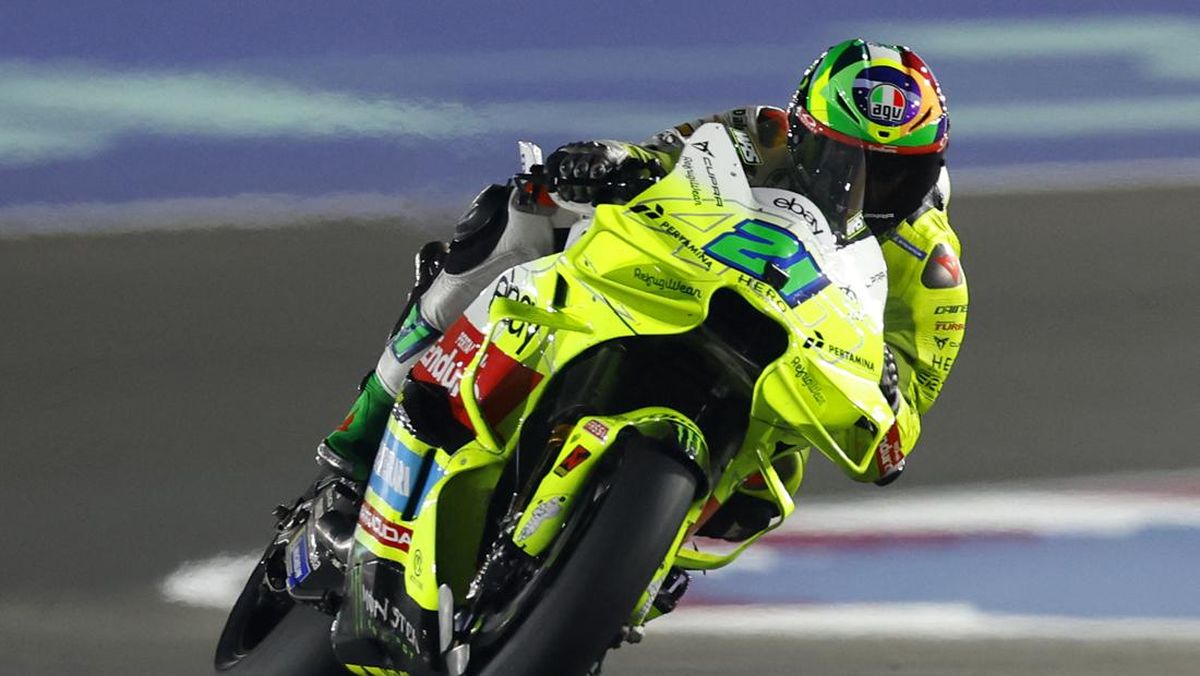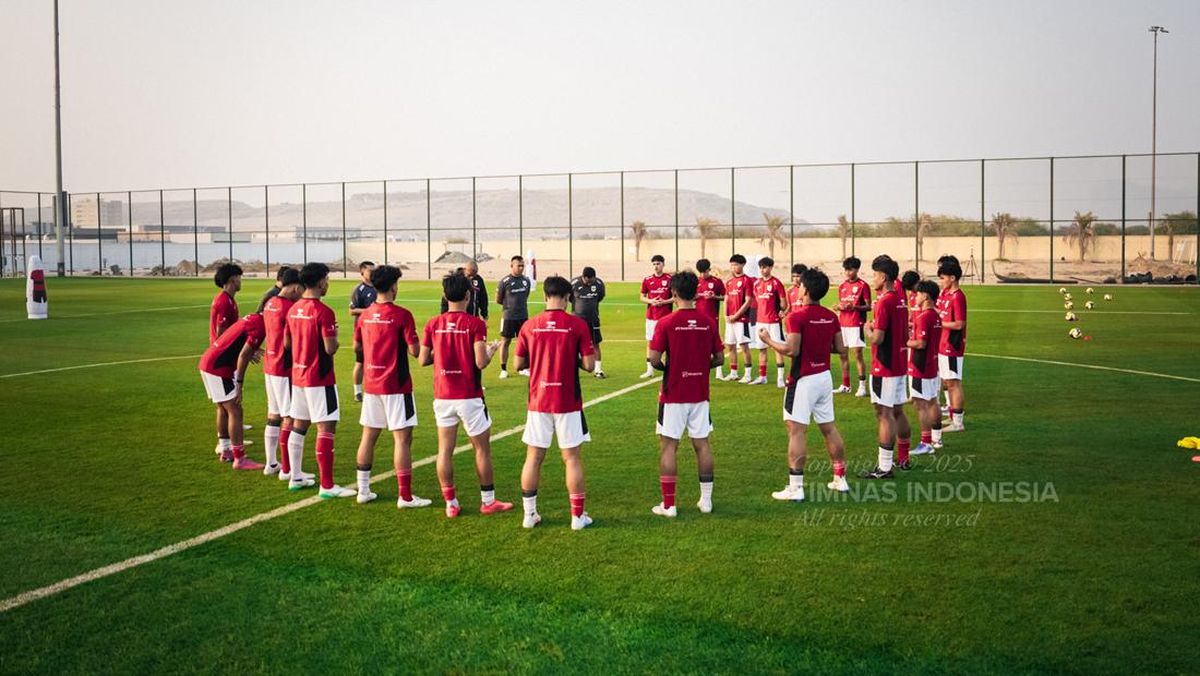Srinagar, India-administered Kashmir – On a sunlit June Friday in Srinagar’s Old City, the Jamia Masjid stands as it always has, ornate and imposing. Its 14th-century wooden pillars have been witnesses to centuries of sermons and struggle.
Inside, about 4,000 worshippers sit in silence.
When Mirwaiz Umar Farooq, the spiritual leader of Kashmir’s Muslims, rises to speak, he does so with grace but caution. Draped in his customary golden-bordered white thobe and crowned with a brown Karakuli hat, he delivers a sermon laced with quiet prayers.
“As we enter the new Islamic year,” he said, “I extend greetings to the entire Muslim Ummah. May Allah grant us peace, unity and strength, protect the oppressed, and guide our leaders with wisdom and righteousness in these testing times.”
His tone is unrecognisable from just a few years ago, when the now 52-year-old mirwaiz – as Kashmir’s chief Muslim leader is known – was a fiery orator, thundering with conviction, his speeches a powerful cocktail of religious messaging and politics.
For almost three decades, Kashmir’s supreme Muslim leader was also one of the region’s most influential voices arguing for its independence from India through peaceful dialogue, at a time when the valley was a cauldron of violence. An armed secessionist struggle that kicked off in the 1980s led to a massive Indian security presence in Kashmir, and since then, more than 40,000 people have been killed according to Indian government estimates.
Farooq’s speeches would often invoke Kashmir’s right to independence. Seven years ago, on June 2, 2018, for instance, the mosque brimmed with more than 30,000 worshippers. Farooq, visibly impassioned, ascended the pulpit.
“This pulpit will never fall silent,” he proclaimed. “The Jamia mimbar will continue to speak truth and be on the side of justice … Kashmir is our nation, only we will decide its fate.”
The crowd erupted. Chants of “Azaadi [freedom]!” thundered within the mosque.
But Kashmir has since changed: In 2019, the government of Prime Minister Narendra Modi unilaterally revoked Kashmir’s semi-autonomous status, guaranteed at the time under the Indian Constitution, which was followed by a security clampdown and administrative restrictions. Thousands were arrested, including Farooq, who was placed under house arrest. It would be four years before he was released in 2023.
On this Friday, it seems like Farooq has changed, too. Gone is the defiant rhetoric that once defined him. There are no overt political cues in his sermon, only verses from scripture, calls for patience, and appeals for community calm.
The crowd listens. Respectful, but unlike in earlier years, unmoved.
Outside, across Kashmir, a question is beginning to take hold. Few say it out aloud, but the conversations are real: Is the head-priest adapting to survive in a changed Kashmir, or is he fading into irrelevance?
 Mirwaiz Umar Farooq pauses during a minute’s silence in memory of the victims of the attack near south Kashmir’s Pahalgam, at the Jamia Masjid in Srinagar, on April 25, 2025. The killing of 26 people led to a brief but intense conflict between India and Pakistan in May [Sanna Irshad Mattoo/Reuters]
Mirwaiz Umar Farooq pauses during a minute’s silence in memory of the victims of the attack near south Kashmir’s Pahalgam, at the Jamia Masjid in Srinagar, on April 25, 2025. The killing of 26 people led to a brief but intense conflict between India and Pakistan in May [Sanna Irshad Mattoo/Reuters]Who is the mirwaiz?
In Kashmir’s complex political and spiritual landscape, few figures embody both reverence and endurance quite like Mirwaiz Umar Farooq. Thrust into public life at the age of 17 after the assassination of his father – the previous mirwaiz – in 1990, allegedly by rebels from a Pakistan-backed armed group, Farooq inherited not just the pulpit, but a legacy.
As the mirwaiz of Kashmir, his official role was rooted in religious scholarship. But in Kashmir, the mimbar is rarely just theological.
Farooq quickly emerged as a distinctive voice – soft-spoken, scholarly and deliberate. Unlike many contemporaries who were drawn towards the growing armed uprising of the 1990s, Farooq chose the path of nonviolence and negotiation. As the valley slipped deeper into militarised conflict, he became a leading figure in the All Parties Hurriyat Conference (APHC), a coalition advocating for a peaceful, negotiated resolution to the Kashmir dispute.
Kashmir is claimed in full by India and Pakistan, though both control parts of it. In Indian-administered Kashmir, meanwhile, pro-independence sentiments have simmered since 1947, when the region acceded to India at the time of partition.
Farooq positioned himself as a moderate, walking the tightrope between street sentiment and diplomatic possibility. “Mirwaiz Umar has always positioned himself as a moderate politician, a believer in the institution of dialogue and someone who has been flexible in his political stance,” said Gowhar Geelani, author-journalist and political analyst. “The head priest has shown willingness to talk with all stakeholders, including the nation states of Pakistan and India, and different civil society coalitions within and outside Kashmir.”
At a time when most separatist leaders rejected talks with the Indian state as betrayal, Farooq broke ranks. In 2004, he led a Hurriyat delegation to meet Prime Minister Atal Bihari Vajpayee in Delhi, calling it “a step forward that could open doors to understanding.” He later held several rounds of talks with Prime Minister Manmohan Singh, Vajpayee’s successor, raising issues like troop withdrawal, demilitarisation of civilian zones and Kashmir’s autonomy.
“We are not against India,” he said after one such meeting. “We are for Kashmiris. Dialogue is the only way out of this decades-long tragedy.”
Geelani explained that this approach, while distinctive, came with its own political risks: Different sections of the ideological spectrum in Kashmir viewed Farooq with “admiration, caution and suspicion”, he said.
The overtures to the Indian government – bold at the time – cost Farooq support among hardliner separatists but also positioned him as a rare figure willing to negotiate without abandoning the demand for self-determination. His political gamble was seen by many as an attempt to humanise Kashmir’s struggle and push for a peaceful resolution, while retaining the moral authority of the pulpit.
At the heart of the mirwaiz’s ability to play that role was his influence – a stature of a kind that no other pro-independence leaders in Kashmir could boast of. And that influence was centred at Srinagar’s Jamia Masjid.
Before 2019, when Kashmir still held its special status, Fridays at the mosque were charged events. Farooq’s sermons, laced with Islamic insight and political longing, moved overflowing congregations.
After August 2019, when India revoked Kashmir’s special status and the mirwaiz was arrested alongside thousands of others, the 600-year-old mosque too has occasionally been closed under security orders. Sermons were replaced by silence.
 Supporters assemble to welcome Mirwaiz Umar Farooq, centre, as he arrives to offer Friday prayers outside the Jamia Masjid in Srinagar, Indian-administered Kashmir, on September 22, 2023. The Muslim leader was under house arrest for four years before his release in 2023 [Mukhtar Khan/ AP Photo]
Supporters assemble to welcome Mirwaiz Umar Farooq, centre, as he arrives to offer Friday prayers outside the Jamia Masjid in Srinagar, Indian-administered Kashmir, on September 22, 2023. The Muslim leader was under house arrest for four years before his release in 2023 [Mukhtar Khan/ AP Photo]The return in 2023
On a grey September morning in Srinagar in 2023, the air hung heavy with a mix of apprehension and subdued hope at Jamia Masjid, as Mirwaiz Umar Farooq returned to the pulpit – gentler now. His shoulders, once firm with certainty, seemed slightly stooped. His gaze, formerly sharp and searching, now lingered, softer, more introspective. The fire was gone.
Tight security manned every alley; worshippers queued in long lines, many weeping silently as they glimpsed the mirwaiz step forward.
“This is the time for patience,” he said, pausing often, his tone deliberate. Gone were the calls for a plebiscite for Kashmiris to decide on their future, for resistance to what he once called “Indian occupation”.
Instead, there was a softened plea – for dialogue, not between nations, but with Kashmiris.
Once, he thundered, “Nobody can silence us.” That day on his return to the mosque in September 2023, he said: “Perhaps no one is ready to listen to us.”
Fast forward two years, and last month, as tensions peaked between India and Pakistan following India’s retaliation over the Pahalgam attack, he spoke to mourn the war’s youngest victims, Zain and Urwa. The twin children had been killed in Pakistani shelling. The mirwaiz said that their “smiling image will haunt us”.
“Kashmir is a bleeding wound,” he said. “A flashpoint that can explode anytime.” His audience, which would once erupt into chants, listened silently.
In January, Farooq travelled to New Delhi to attend a meeting of a parliamentary panel on amendments to a law that governs Muslim endowments – known as waqf – across India and Indian-administered Kashmir. It was his first formal engagement with the Indian state since 2019, prompting speculation about – as yet unconfirmed – renewed communication between the mirwaiz and Delhi.
A separate meeting with a member of parliament from the National Conference, a mainstream Kashmiri party that swears by the Indian Constitution and won last year’s state legislature election, further fuelled chatter that the mirwaiz might be exploring a political compromise with New Delhi.
Al Jazeera reached out to the mirwaiz for an interview, but has not received any response.
Analysts suggest that Farooq’s recent public engagements – including appearances at interfaith and national events in Delhi – reflect a cautious recalibration rather than a clear ideological shift. The mirwaiz now appears to be navigating a drastically altered political terrain, where symbolism and strategic networking – particularly with Indian Muslims facing their own constraints under the rule of Modi’s Hindu majoritarian Bharatiya Janata Party – may be the only forms of relevance still available.
“This is not so much a shift in ideology as it is a response to shrinking space,” said Anuradha Bhasin, senior journalist and political analyst. “He has always been a symbolic figure, straddling the religious and the political. In this charged political climate, not just separatists but even mainstream political actors have been left with very little room for articulation.
“What we’re seeing now is survival within that narrow space. He has been mostly under house arrest for the last six years, and the Hurriyat has completely disappeared – so he’s isolated.”
Still, questions about the mirwaiz and his careful sermons are dividing young Kashmiris.
 Mirwaiz Umar Farooq speaks during an interview with Reuters at his residence in Srinagar, Indian-administered Kashmir, July 11, 2019 [Alasdair Pal/Reuters]
Mirwaiz Umar Farooq speaks during an interview with Reuters at his residence in Srinagar, Indian-administered Kashmir, July 11, 2019 [Alasdair Pal/Reuters]Silence or strategy?
Conversations with young Kashmiris, from college campuses to downtown Srinagar cafes, reveal a quiet disillusionment with the mirwaiz among some. “He’s more a preacher now than a leader,” said Aqib Nazir, a journalism student, about a man once seen as among Kashmir’s most prominent political voices.
His moderation, once seen as a strength, is increasingly interpreted as powerlessness by this set of Kashmiris – as quiet capitulation.
But for others, the Mirwaiz still holds symbolic significance. They interpret his more restrained sermons as a sign of maturity and pragmatism – a conscious effort to protect the mosque’s role as a vital space for spiritual continuity and communal gathering.
In a context where public life is closely monitored and expressions of dissent are often scrutinised, some believe this approach helps maintain a space for religious life without drawing undue attention or risking further restrictions.
“He’s the last moral voice we’ve got,” said Asif, a Srinagar resident who’s listened to the Mirwaiz for more than 10 years.
“His restraint isn’t weakness – it’s survival.”

 3 months ago
29
3 months ago
29
